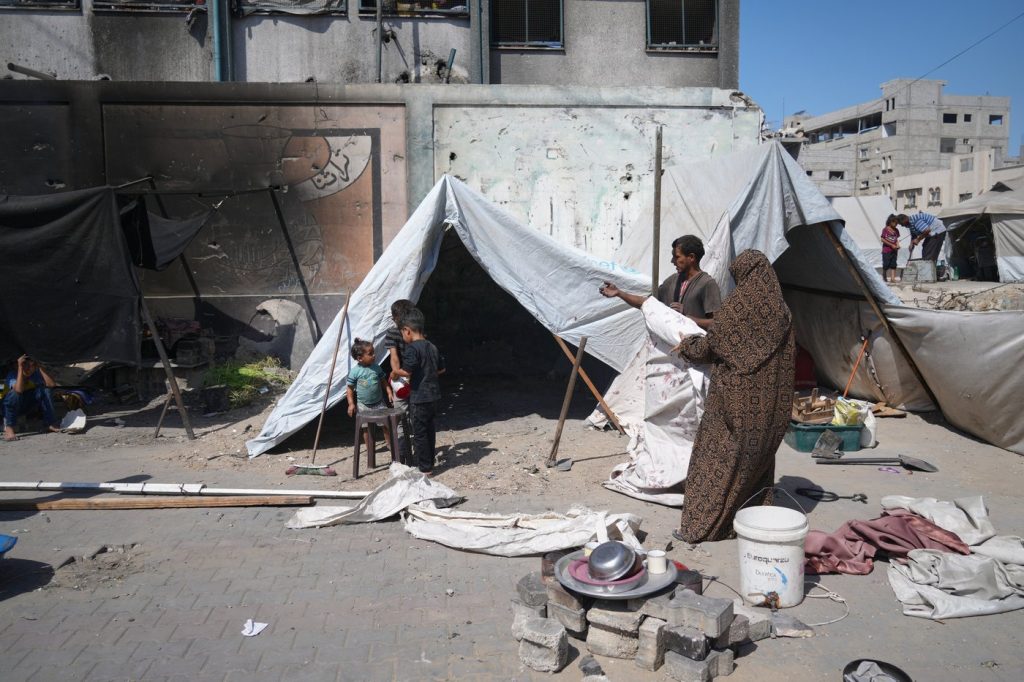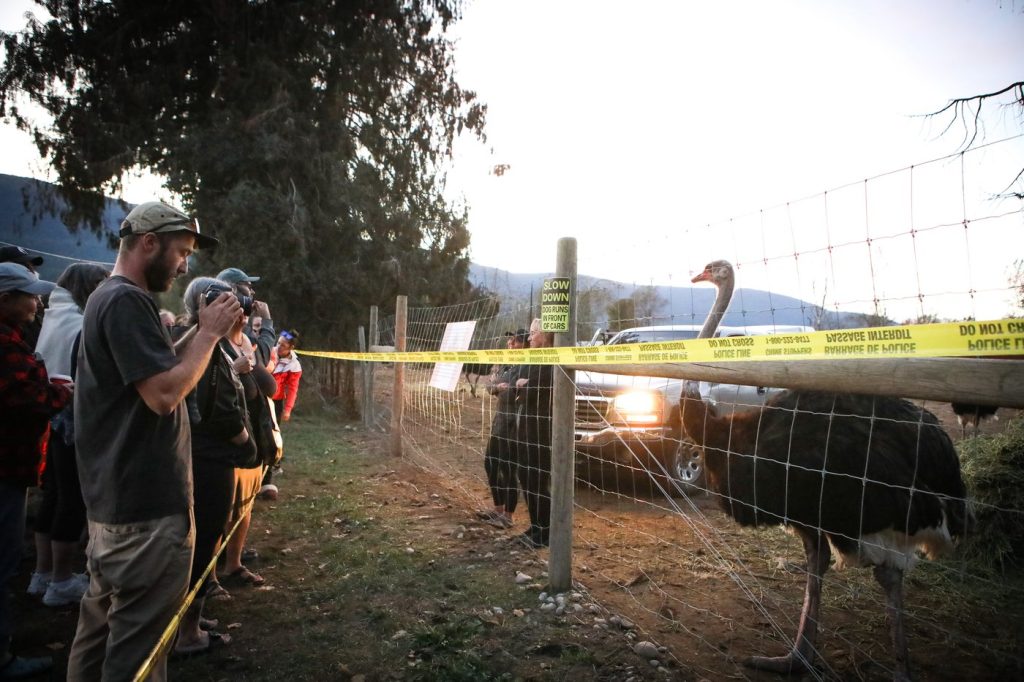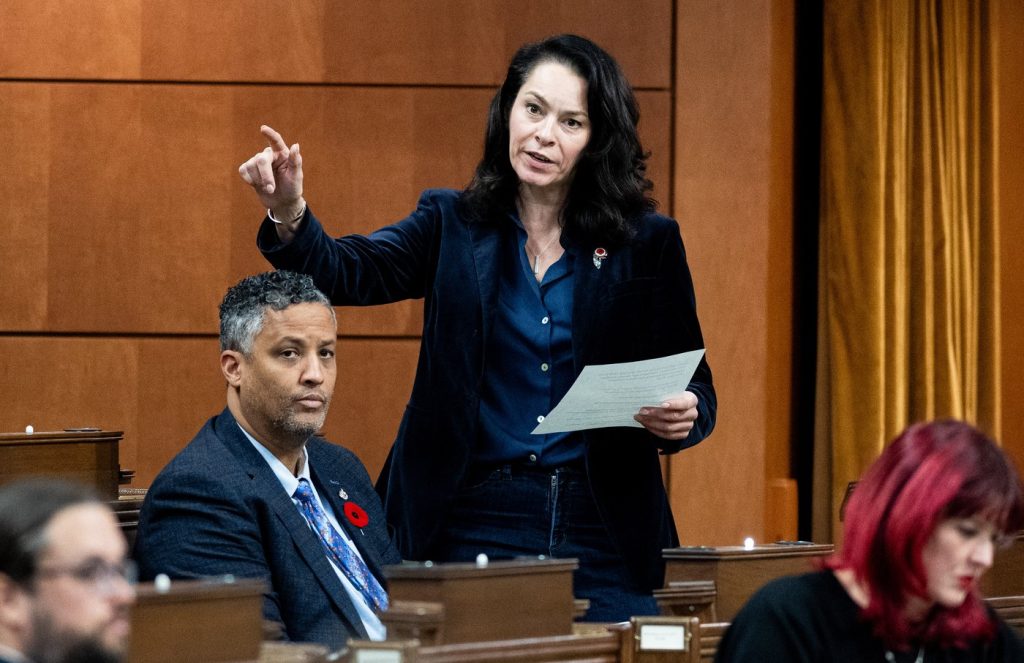The Palestinian Authority (PA) has stated that its plans to hold elections in 2026—critical to Canada's recognition of Palestinian statehood—are contingent on the cessation of hostilities in Gaza. Omar Awadallah, the PA's deputy minister of foreign affairs, indicated that elections could only proceed if all Palestinian enclaves, including Gaza, the West Bank, and East Jerusalem, are involved and can vote.
Awadallah emphasized, “Once the war stops in Gaza and the genocide stops in Gaza, then within one year, we will be able to hold elections in the occupied Palestinian territories.” He affirmed the PA's commitment to it being a functional governance body that seeks peaceful coexistence with Israel, amidst claims from the Israeli ambassador to Canada asserting the PA's current leadership is untrustworthy.
In July, Prime Minister Mark Carney announced Canada’s intent to formally recognize a Palestinian state; however, he underscored that this recognition would require the PA to commit to reforms. These reforms include conducting general elections by 2026, with an exclusion of Hamas, along with governance updates and demilitarization efforts.
Following initial discussions, government officials clarified that while recognition might occur by September, the normalization of diplomatic ties—including upgrading the Palestinian Authority’s diplomatic mission in Ottawa to full embassy status—would be postponed until Canada’s conditions are met. Canadian government spokespeople revealed that President Mahmoud Abbas and his foreign minister had expressed commitment to reform during discussions with Carney and Foreign Affairs Minister Anita Anand.
The PA has faced criticism over how it handles education and financial support to families of individuals imprisoned for violence against Israelis. Canada has set expectations that Palestinian textbooks should not promote antisemitic messaging, and the PA is reviewing its financial support mechanisms, intending to shift to a needs-based welfare system instead.
In a recent interview, Awadallah reiterated that an election, marking the first since 2006, could not occur until a full year after the Gaza conflict concludes due to necessary recovery preparations, stating, “We need at least one year to prepare for these elections.” He outlined that voting would be contingent on allowing ballots to be cast by residents in all areas without interference from Israel.
Awadallah also conveyed that Hamas would not participate in the future Palestinian government unless it acknowledges international law and commitments outlined in the Oslo Accords, which mandate peaceful recognition of Israel. He remarked on the potential scrapping of traditional PA policies that offered financial support to the families of those who killed Israelis, attributing the need for such changes to transform Palestine into a responsible and stable state.
Despite these statements, Israeli Ambassador Iddo Moed cast doubt on the sincerity of the PA’s commitments, highlighting that Abbas’ inability to publicly share his written assurances to Canada was concerning. Moed articulated that the PA has historically failed to adhere to promises made regarding reforms necessary for demilitarization and broader governance changes, while expressing curiosity over whether the PA would fulfill these newly pledged commitments.
He maintained that Palestinian leadership must engage in serious negotiations that recognize Israel as a homeland for the Jewish people to achieve peace, but he remains skeptical of the prospects for change under the current Palestinian administration.
Overall, the dynamics between the Palestinian Authority, Israel, and Canada reflect a complex scenario where recognition, governance reforms, and ongoing conflict in Gaza intertwine, making the path towards elections and potential peace convoluted and fraught with challenges.












